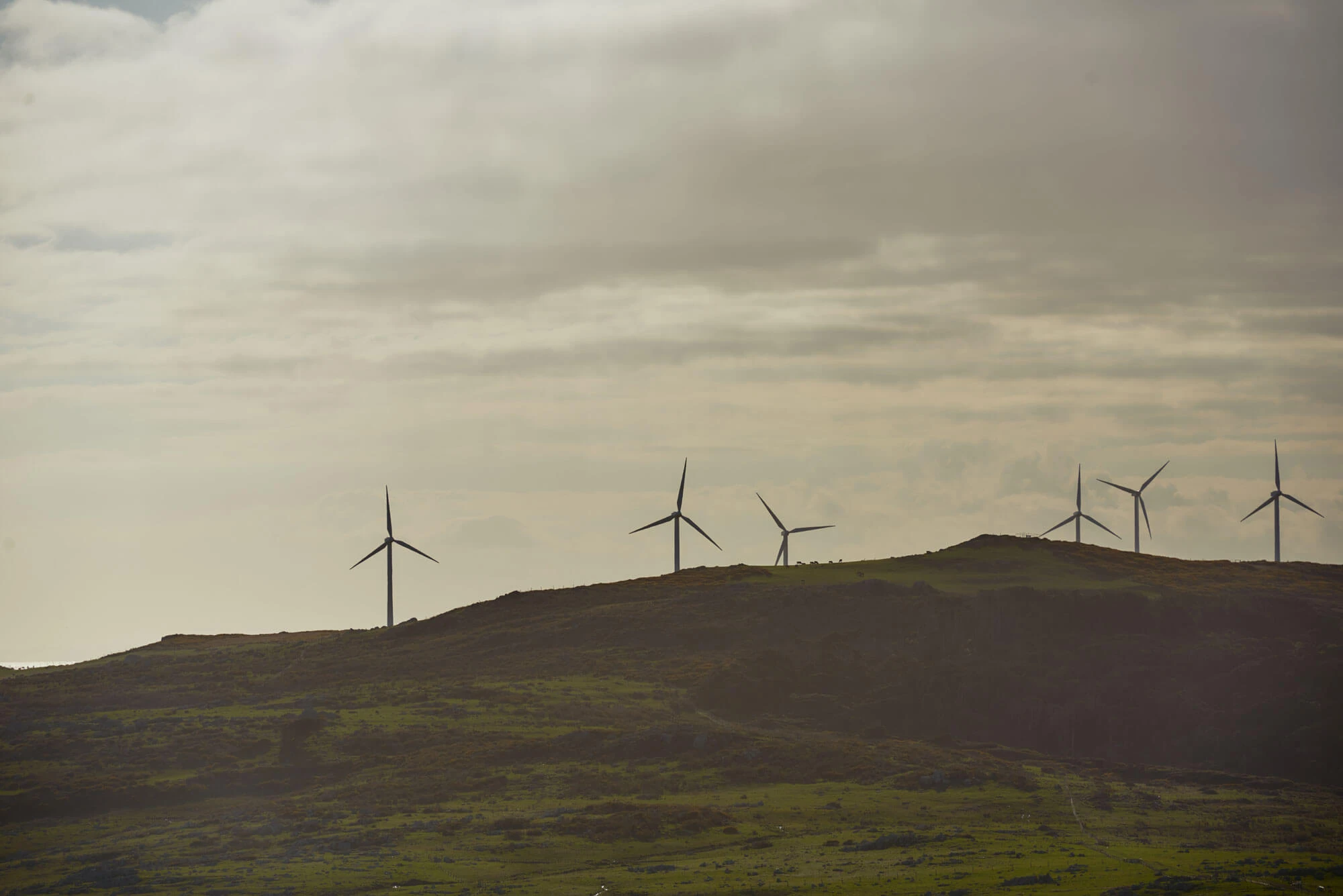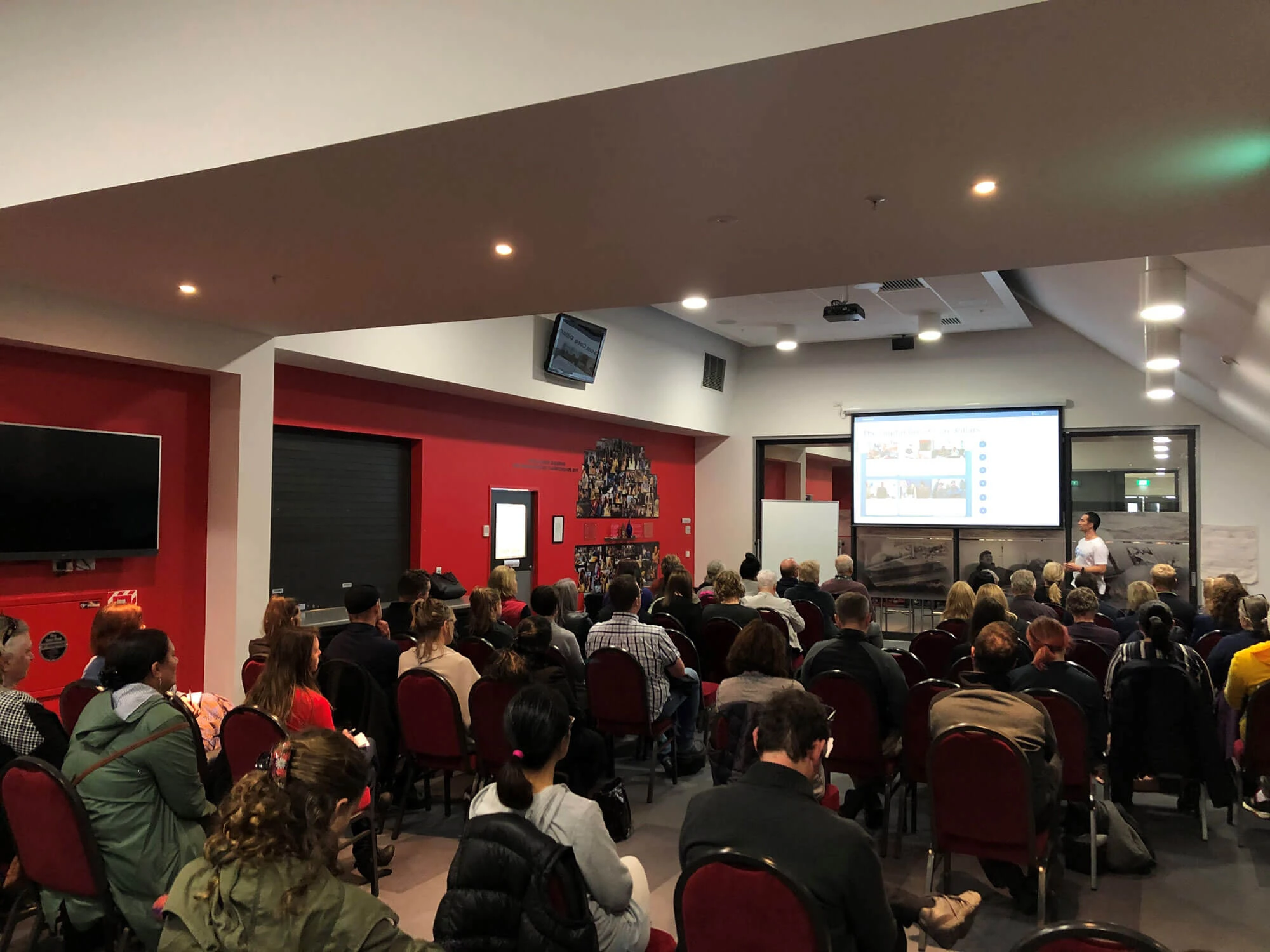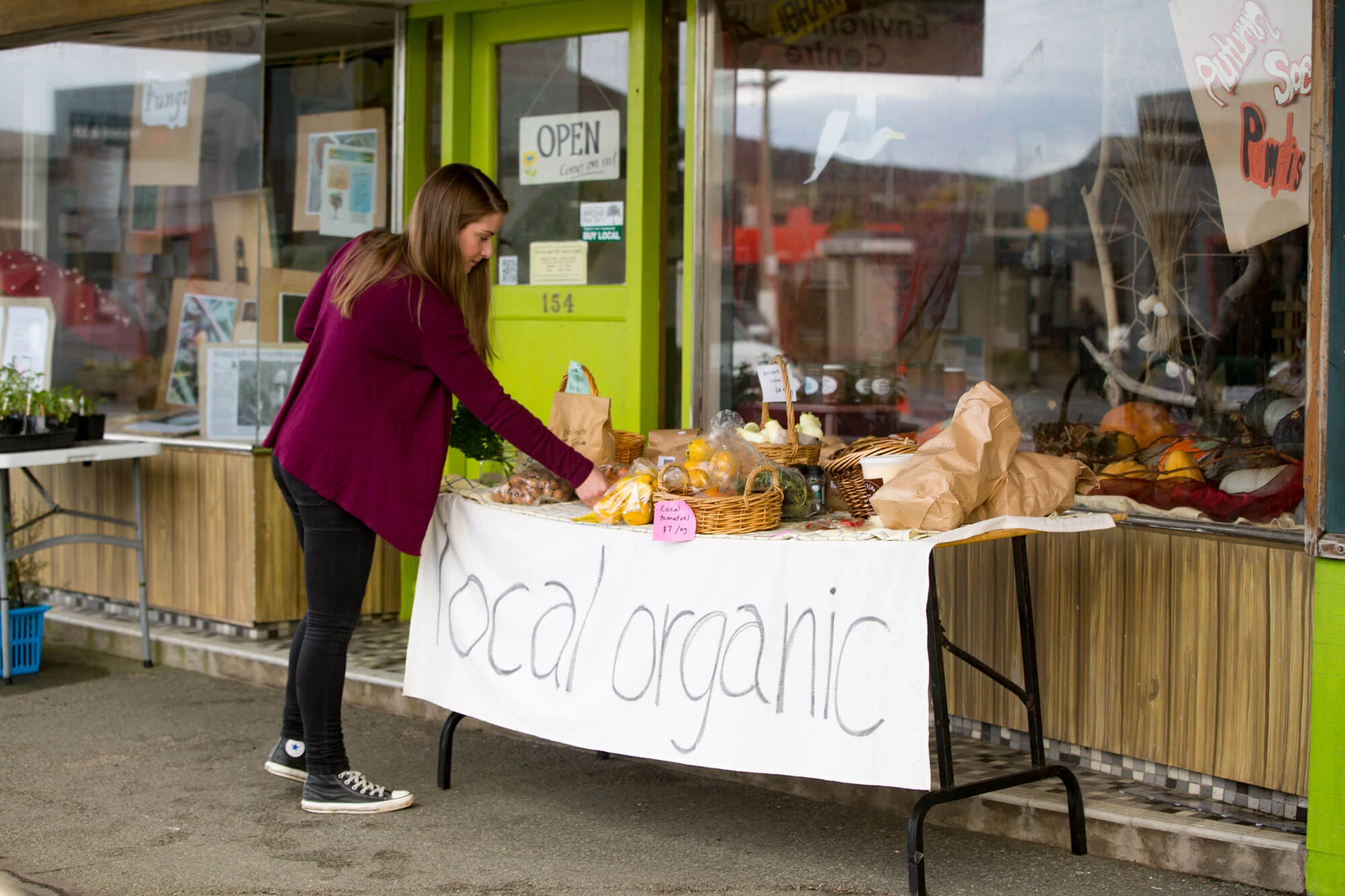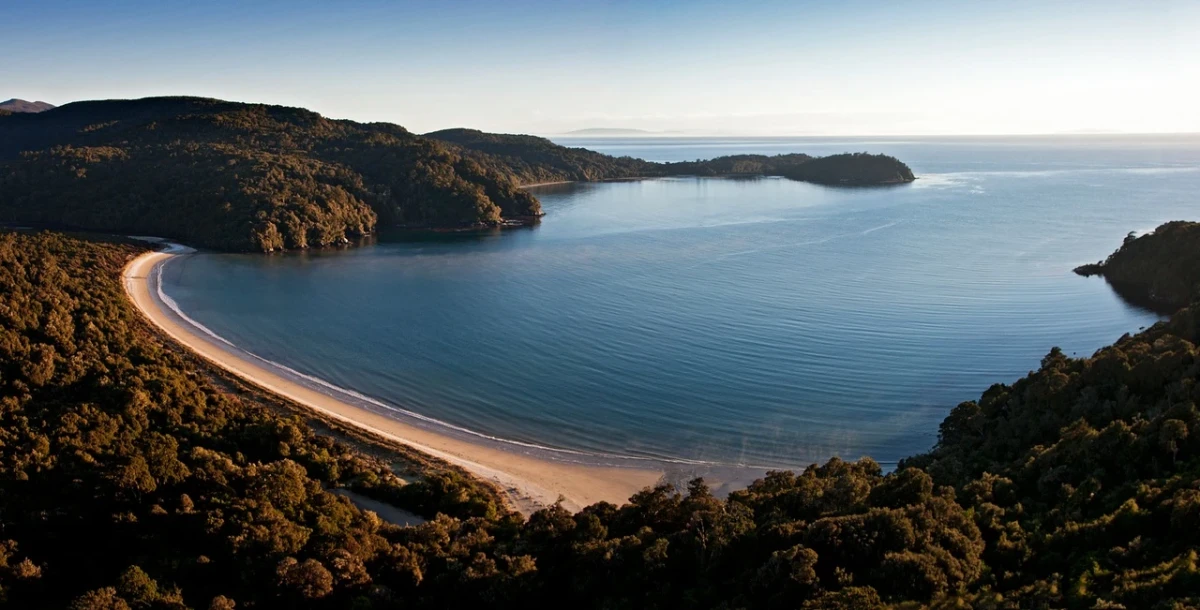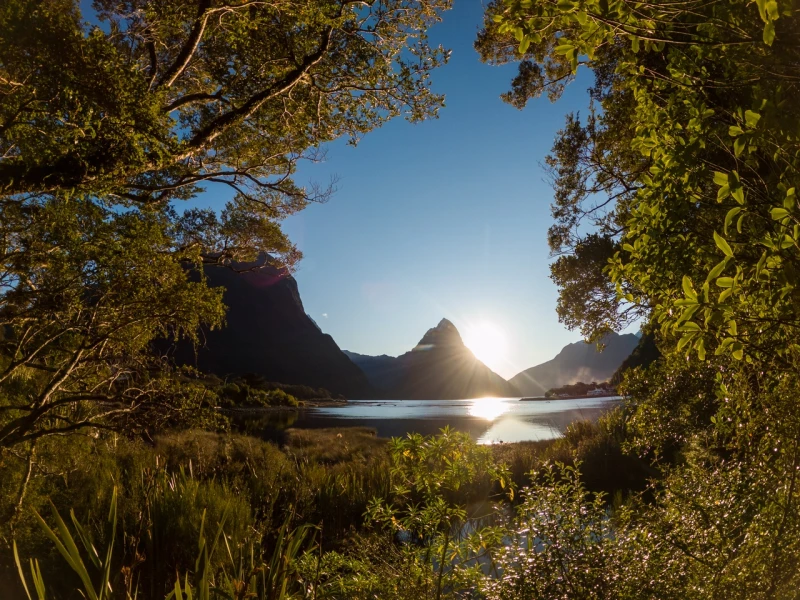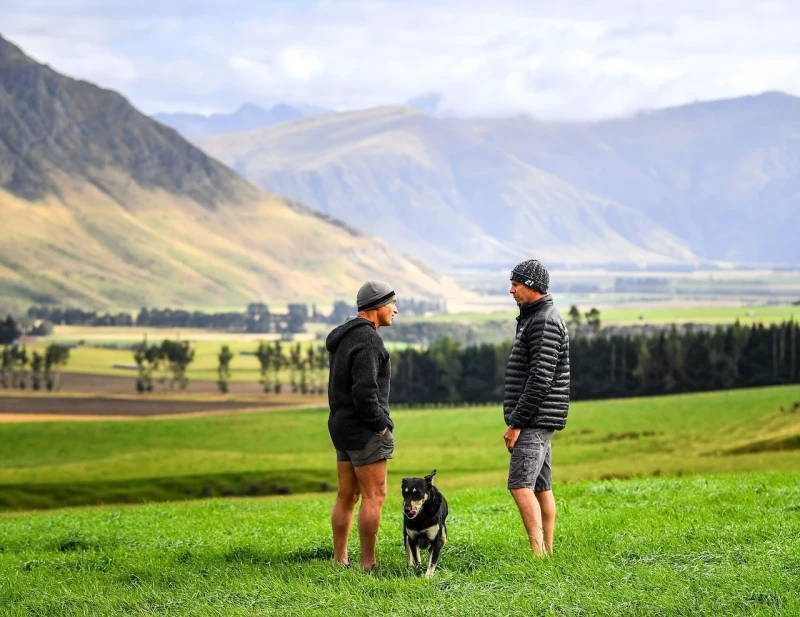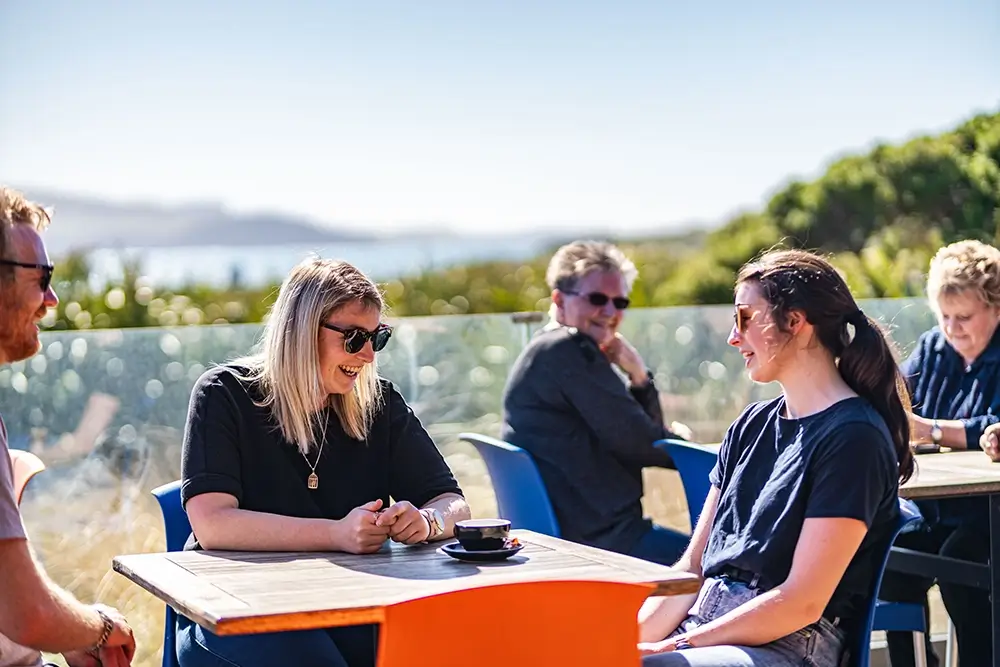For the last 12 years, climate change has been identified as the most important issue facing the world by New Zealanders (Landcare Research, 2022).
Our climate is changing and will continue to do so for the foreseeable future as evidenced by a warming of 1.1°C in the past 100 years. Lowering emissions can reduce the impacts of climate change but won’t eliminate them all.
Many impacts are already with us and in our region. The general trend is a more dynamic, less benign regional climate, punctuated by more frequent extreme weather events. It will be warmer and wetter, yet with increased hot days, heatwaves, droughts, and wildfires, as well as more intense rainfalls and flood events. The increasing intensity and extremes can be expected to place additional stress and pressure on both natural and production ecosystems (NIWA, 2018). Warmer temperatures, particularly with milder winters, could increase the spread of pests and weeds to the agriculture and aquaculture industries and environments.
It is important that there is alignment with all planning from regional plans to the National Adaptation Plan to “Te tāhū o te whāriki, Anchoring the Foundation” - Te Rūnanga o Ngāi Tahu’s Climate Change Strategy.
The response to this issue is also important and should be aligned from local, central government through to the Department of Conservation and Emergency Management Southland.
